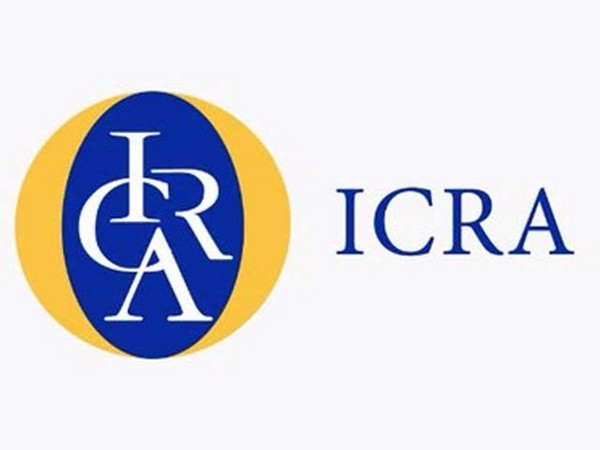High export tariff of 45 pc to make iron ore pellet export unviable: ICRA
This, in turn, would put pressure on the domestic prices, which are likely to correct by 30 percent in the near term. Consequently, the contribution margins of merchant pellet players are expected to decline roughly by Rs 1,000 per MT metric tonne from pre-duty levels. India exported more than 11 million tonnes MT of pellets in FY22, accounting for almost 15 percent of its overall pellet production.

- Country:
- India
The 45 percent export duty levied by the government on the export of iron ore pellets will make the export of the material unviable at current prices, Icra said on Tuesday.
The Government of India slapped a hefty 45 percent levy, from nil, on the export of iron ore pellets from May 21.
''The application of this high export tariff has reduced a merchant exporter's net effective realization, rendering pellet exports unviable,'' it said.
The steep decline in the effective free-on-board (FoB) price will lead to a supply overhang in the domestic market. This, in turn, would put pressure on the domestic prices, which are likely to correct by 30 percent in the near term.
Consequently, the contribution margins of merchant pellet players are expected to decline roughly by Rs 1,000 per MT (metric tonne) from pre-duty levels.
India exported more than 11 million tonnes (MT) of pellets in FY'22, accounting for almost 15 percent of its overall pellet production. With exports becoming unviable, industry asset utilization will be adversely impacted and domestic pellet prices would come under pressure, going forward, Jayanta Roy, Senior Vice-President & Group Head, Corporate Sector Ratings, ICRA said.
''Our calculations suggest a 10 percent drop in domestic pellet production in FY'23 as the domestic market is going through a period of muted demand growth and is unlikely to fully absorb the pellet supplies meant for the export market,'' Roy said.
The decline in pellet exports would also impact the iron ore demand and exert pressure on prices as close to 40 percent of the iron ore fines produced in FY'22 were consumed in pellet production.
Prices of iron ore fines have already been corrected by more than 35 percent from the pre-duty level till June 22. While this is a positive development for the pellet players, the steep fall in domestic pellet prices would nevertheless compress their gross contribution levels, Roy explained.
Pellets are a raw material input used to make iron in a blast furnace which is further used to produce steel.
(This story has not been edited by Devdiscourse staff and is auto-generated from a syndicated feed.)
- READ MORE ON:
- Icra
- India
- Jayanta Roy
- FY'22
- Sector Ratings
ALSO READ
Indian Ambassador Ruchira Kamboj condemns humanitarian crisis resulting from Israel-Hamas conflict
Indian Ambassador Ruchira Kamboj condemns the humanitarian crisis resulting from Israel-Hamas conflict
Saudi Arabia echoes India's stance on Kashmir in joint statement with Pakistan
Indian stock indices open at fresh highs; inflation data, Q4 earnings now in focus
Indian Student's body discovered in US










